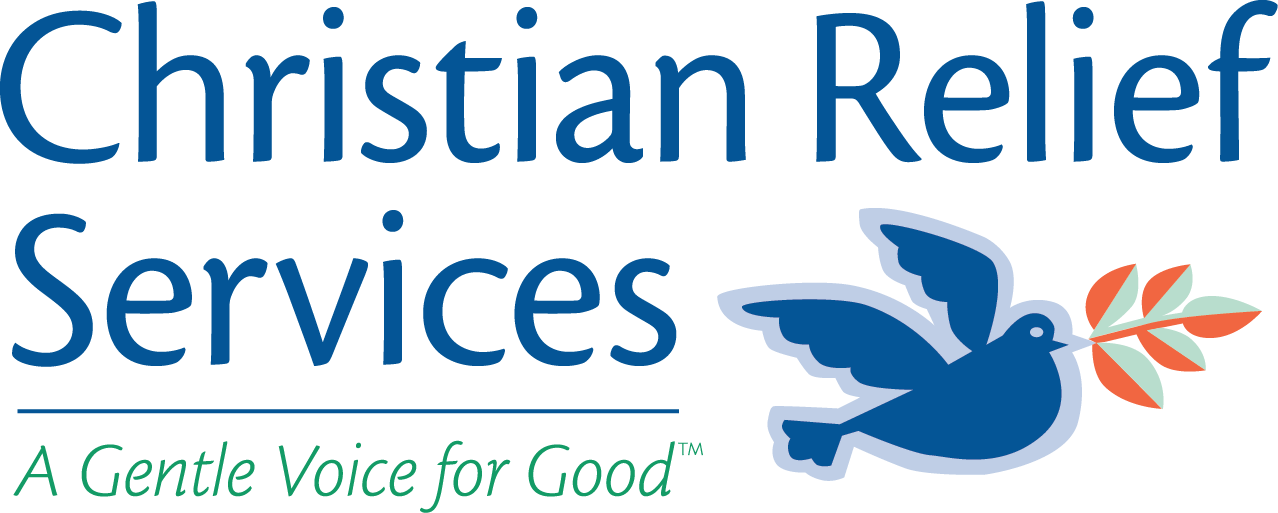Bread and Water for Africa® Embarks on Third WASH Sanitation Project in Malawian School
In rural Malawi, 37 percent of households – more than one-third of the population – lack access to improved drinking water sources and toilet facilities resulting in poor sanitation and hygiene which are “major contributors to the burden of disease and child survival,” states UNICEF.
And although significant progress has been made to decrease open defecation, according to UNICEF “only 26 percent have access to basic sanitation services” and it has been working to install WASH (Water, Sanitation and Hygiene) facilities in schools in the beleaguered country.
“Investing in sustainable and resilient WASH services for schools in Malawi requires joint and coordinated commitment from different sectors including the Government of Malawi, development partners, community leaders, parents, schools, NGOs, and donors in funding durable WASH schemes and promoting community ownership for sustainable WASH in school, for every child,” states UNICEF.
“Investing in sustainable WASH systems will protect children and their families now and save lives in the future.”
And it is something Bread and Water for Africa® has been working to address since we were informed of the serious matter by our partner in the country, Alex Bango, chairperson of the Faithful Heart Foundation (FHF), at the start of this year.
At the Konzere Primary School for Girls in the Chikwawa District of Malawi, the 789 girls who are enrolled there previously had no choice but to use a toilet facility that he described as “a miserable, unhygienic facility that brings fear and danger among them.”
Following the success of our first WASH latrine project at Konzere, we were informed of a similar situation at the John Village Primary School with a student population of nearly 700, including 300 girls, where we constructed three new toilet facilities with both projects now benefiting nearly 1,500 students.
Today we are embarking on our third such project in Malawi at Billy Village in the Chikwawa District to benefit 100 students, 60 of them girls.
Explained Alex in his grant request:
“This project will help newly selected learners to be selected at this school and help them to have good sanitary facilities which will help to the opening of newly community day secondary school within their community, have more selection rate, reduce cases of absenteeism, rape, school dropouts, early marriage and unwanted pregnancy.”
The total budgeted cost for the project is less than $3,000 which includes bricks, cement, paint, doors and timber, labor and other miscellaneous items, a small price to pay to ensure the health and welfare of dozens more students in rural Malawi, particularly the female students.
As Alex notes, Bread and Water for Africa® and FHF share the vision and mission objectives “to improve the wellbeing of vulnerable groups socially, spiritually, economically, physically, emotionally and mentally.”
And once the project is completed, members of the community will be trained on its maintenance and develop a “spirit of ownership” that will keep the latrine sustainable for many years to come.
